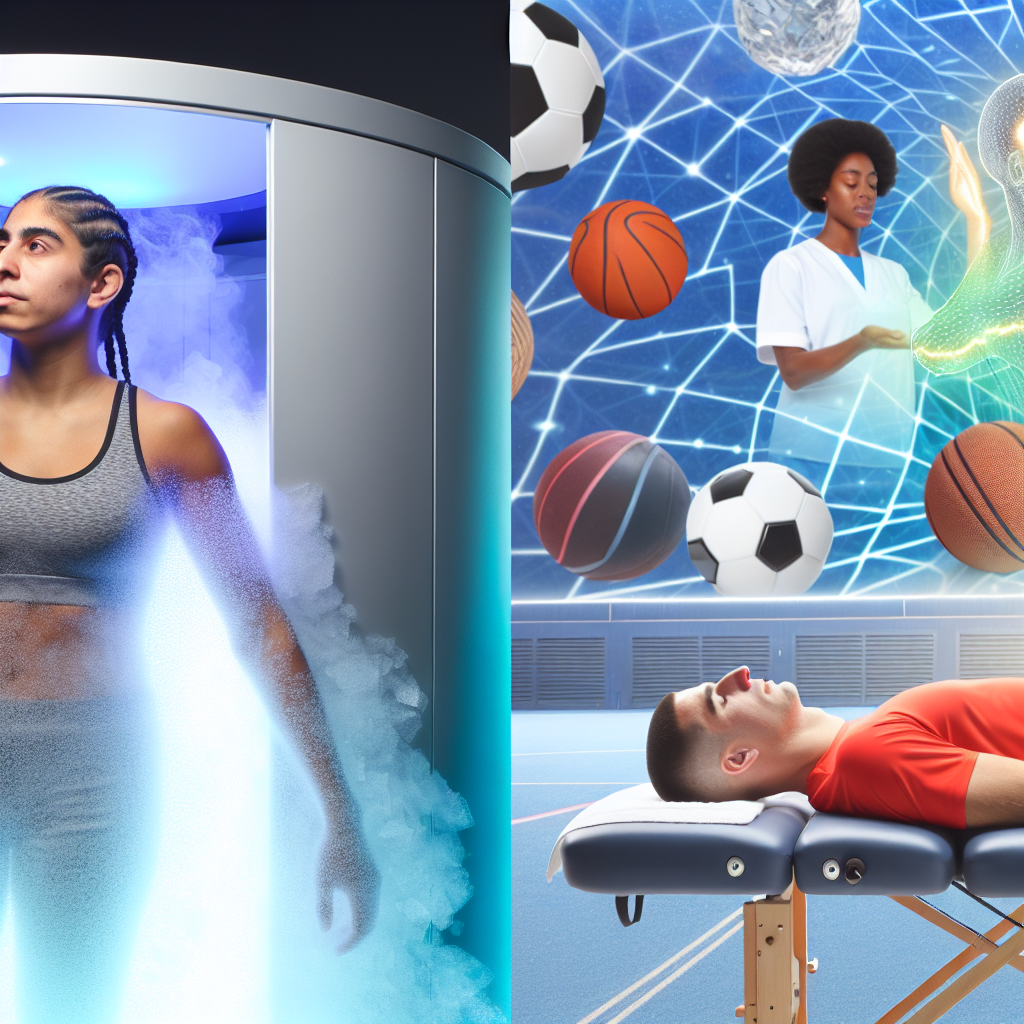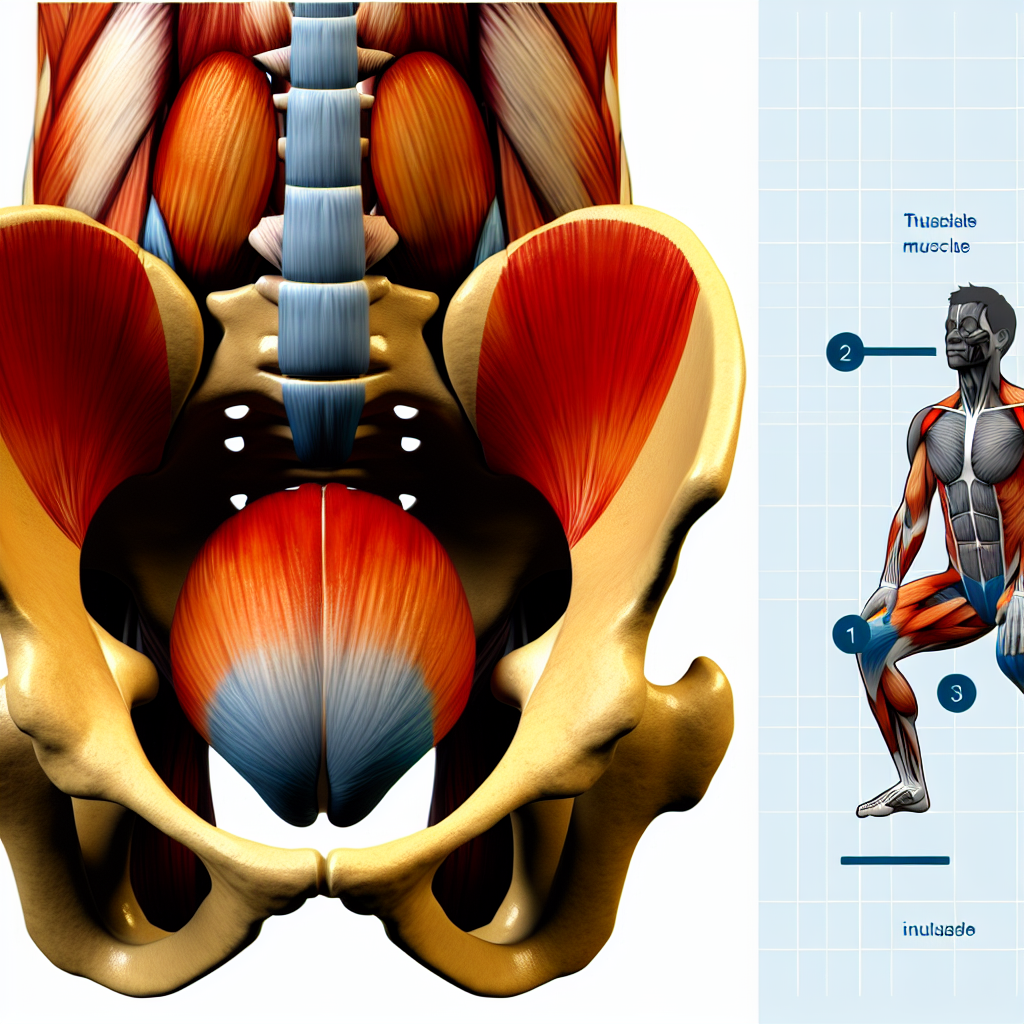The link between testosterone and erectile dysfunction (ED) is intricate and diverse. Here’s the breakdown of what we know:
Testosterone and Erections:
Testosterone affects erectile function by regulating several mechanisms, including:
- Nitric oxide production: Testosterone dilates blood arteries, and nitric oxide is a critical component in this process.
- Sexual desire and arousal: Low testosterone can reduce libido and make it difficult to become aroused.
- Mood and energy: Low testosterone can cause weariness and sadness, which can have an indirect effect on sexual function.
Testosterone with ED:
Low testosterone can cause ED: While not the only cause, men with hypogonadism (low testosterone) frequently have ED. According to research, testosterone replacement therapy (TRT) can enhance erectile performance in some hypogonadically affected males.
Low testosterone is not the only reason for erectile dysfunction. Other causes that can contribute to ED include vascular disorders, neurological concerns, psychological variables, and drugs.
Diabetes, hypertension, heart disease, and obesity, for example, can all cause erectile dysfunction.
Normal testosterone does not ensure healthy ED: While testosterone is recognized to play an essential role in male sexual health, recent research suggests that it is not the only factor influencing erectile function.
In reality, despite having normal testosterone levels, some men develop erectile dysfunction (ED) due to a variety of other physiological, psychological, and behavioral variables.
Diabetes, hypertension, heart disease, and obesity, for example, can all cause erectile dysfunction by decreasing blood flow to the penis or compromising nerve activity.
Similarly, certain medications, such as antidepressants, antihistamines, and blood pressure medications, might impair sexual arousal and function.
In addition to physical reasons, mental health concerns, including anxiety, sadness, and stress, can contribute to ED by creating psychological barriers to sexual desire and enjoyment.
Men with ED should seek medical counsel, address any underlying health issues, and consider making lifestyle changes.
Relationship troubles, a lack of intimacy, and performance anxiety can all exacerbate the situation.
Furthermore, lifestyle behaviors such as smoking, excessive alcohol use, and drug use can all contribute to erectile dysfunction by damaging blood vessels, lowering testosterone levels, and disrupting nerve function.
Lack of exercise and poor eating habits can also contribute to ED by raising the risk of obesity, diabetes, and heart disease.
Overall, while testosterone undoubtedly plays an essential role in male sexual health, it is evident that a variety of other factors can influence erectile performance.
As a result, men with ED should seek medical counsel, address any underlying health issues, and consider making lifestyle changes to improve their general health and well-being.
Remember to visit a healthcare practitioner for individualized advice and treatment regarding ED and testosterone levels.
Important points:
Diagnosing the cause of ED is critical. Before presuming that low testosterone is the cause, a complete medical examination is required to detect and treat any underlying issues.
TRT is not a cure-all: While it can be helpful in some circumstances, it has potential adverse effects and is inappropriate for everyone. Before considering TRT, discuss the possible dangers and benefits to your doctor.
Lifestyle modifications can help: Regardless of testosterone levels, a healthy lifestyle that includes adequate sleep, stress management, and regular exercise will improve overall health and sexual function.
Resources for more information:
- American Urological Association website: https://www.auanet.org/
- Mayo Clinic website: https://www.mayoclinic.org/diseases-conditions/erectile-dysfunction/symptoms-causes/syc-20355776
- National Institute of Aging: https://www.nejm.org/doi/full/10.1056/nejme1006197
Remember to visit a healthcare practitioner for individualized advice and treatment regarding ED and testosterone levels. They can walk you through the necessary tests, diagnoses, and treatment options, guaranteeing the best approach for your circumstance.

Dominic E. is a passionate filmmaker navigating the exciting intersection of art and science. By day, he delves into the complexities of the human body as a full-time medical writer, meticulously translating intricate medical concepts into accessible and engaging narratives. By night, he explores the boundless realm of cinematic storytelling, crafting narratives that evoke emotion and challenge perspectives. Film Student and Full-time Medical Writer for ContentVendor.com




